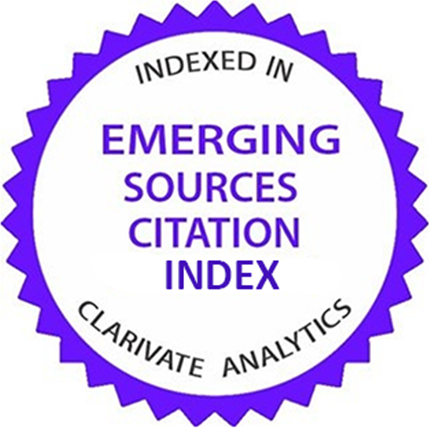The emergence of a new category of disasters: manager-made disasters
Abstract
The rise of manager-made disasters—crises stemming from incompetent leadership—demands urgent attention. Unlike natural or traditional human-made disasters, these failures are preventable yet increasingly destructive, with cascading impacts on organizations and societies.To mitigate these risks, we propose four key measures:
First, appoint qualified leaders. Leadership selection must prioritize technical expertise and proven managerial competence, reducing reliance on political or regional favoritism.
Second, enhance training programs. Rigorous training in crisis management, risk assessment, and ethical decision-making should be implemented for current and aspiring leaders.
Third, strengthen accountability mechanisms. Transparent systems must be established to hold leaders responsible for failures, including independent audits, whistleblower protections, and performance-linked consequences.
Fourth, integrate safety-centric leadership practices. A culture of safety should be embedded in organizational governance, ensuring leaders prioritize risk mitigation, resource resilience, and employee well-being in all decisions.
Public awareness campaigns are equally critical to fostering accountability and demanding higher leadership standards. We urge academia and policymakers to address this gap by dedicating resources to studying and combating manager-made disasters.
2. Krichen M, Abdalzaher MS, Elwekeil M, Fouda MM. Managing natural disasters: an analysis of technological advancements, opportunities, and challenges. Internet of Things and Cyber-Physical Systems. 2024;4:99-109.
3. Guo J, Yang L, Cao S. Mitigating risks of natural and human-made disasters caused by excessive urbanization. Journa of Chinese Architecture and Urbanism. 2025.
4. Liu WS-K. Global leadership dynamics: Refining executive selection in multinational corporations. Journal of the Knowledge Economy. 2024:1-45.
5. Pervaiz S, Khowaja AJ, Shah MA, Taggens J, Nabi S. Leadership and ethical decision-making in public health crises: balancing public safety and individual rights. Pak-Euro Journal of Medical and Life Sciences. 2024;7(Special 2):S221-S30.
6. Vetrivel S, Arun V, Saravanan T, Maheswari R. Corporate governance and firm performance. Intersecting Corporate Governance, Financial Performance, and Long-Term Value Creation: IGI Global; 2025. p. 1-34.
7. Bilad DI, Nugroho AH, Mujanah S, Fianto AYA. Optimization of human resource strategies by investigating employee work safety, physical health, and psychological well-being within a moderated well-being framework. Jurnal Ekonomi. 2024;13(04):1258-75.
8. Halliday B, Van der Laan L, Raineri A. Prioritizing work health, safety, and wellbeing in corporate strategies: an indicative framework. Safety. 2024;10(1):18.
9. Ahsan MJ, Khawaja S. Sustainable leadership impact on environmental performance: exploring employee well-being, innovation, and organizational resilience. Discover Sustainability. 2024;5(1):317.
| Files | ||
| Issue | Vol 9 No 2 (2025): Spring (April) | |
| Section | Letter to the editor | |
| DOI | 10.18502/fem.v9i2.19201 | |
| Keywords | ||
| manager-made disasters disasters | ||
| Rights and permissions | |

|
This work is licensed under a Creative Commons Attribution-NonCommercial 4.0 International License. |










